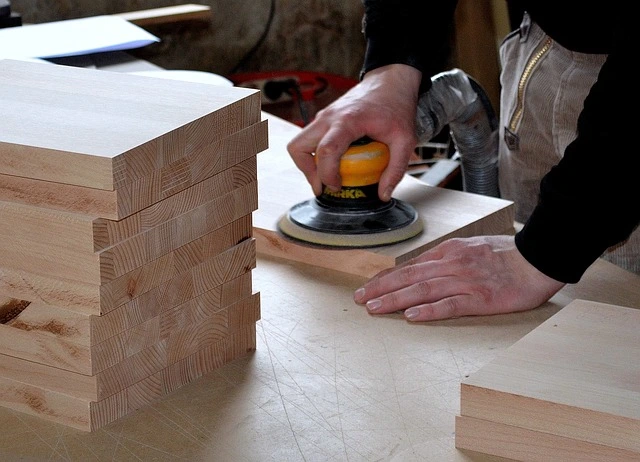Navigating Deductions and Expenses in the Custom Furniture Industry: Woodworking Equipment and Material Costs
Custom furniture design is an art that blends creativity and workmanship. However, running a successful custom furniture business demands more than just creativity; it also necessitates careful financial planning and tax management. Understanding tax implications for woodworking equipment and material expenses is critical for increasing profitability and maintaining compliance. This guide delves into major tax techniques and deductions for custom furniture makers.
Key Tax Deductions
Woodworking Equipment Depreciation:
- Custom furniture makers can deduct the cost of woodworking equipment using depreciation. Depreciation extends the cost of an object over its useful life, allowing for tax breaks across multiple years. Saws, sanders, planers, and CNC machines are common woodworking equipment eligible for depreciation.
- Section 179 Deduction: Under Section 179 of the IRS code, businesses can deduct the whole cost of eligible equipment purchased or financed during the tax year, up to a specific maximum. Custom furniture manufacturers can deduct equipment expenditures immediately instead of having to wait for them to deteriorate over time thanks to this concession.
Material Costs:
- Custom furniture production materials, including wood, hardware, coatings, and adhesives, can be deducted as company expenditures. Maintaining precise records of material purchases and usage is critical for making valid deduction claims.
- Inventory Accounting Methods: To value their inventory, furniture manufacturers must use one of two inventory accounting methods: First-In, First-Out (FIFO) or Last-In, First-Out. The chosen approach influences how material costs are reported and subtracted.
Home Office Deduction:
Many custom furniture makers work from home. The home office deduction lets you deduct expenses for the section of your home that is exclusively utilized for business activities. This may include a percentage of the mortgage interest, rent, utilities, insurance, and maintenance expenses.
Business Use of Vehicle:
Furniture makers can deduct expenses associated with using a vehicle for commercial reasons, such as carrying supplies or delivering finished products. This covers mileage, fuel, maintenance, insurance, and depreciation.
Utilities and Overhead:
You can write off utility expenditures as company expenses. Examples of this include electricity used to run woodworking equipment and heating or cooling the workshop. Other overhead expenses, such as rent for a commercial workshop space, may also be subtracted.
Marketing & Advertising Expenses:
You can deduct business expenses for marketing and advertising your custom furniture company, including website development fees, social media advertising, and marketing supplies.
Professional Services:
You may deduct the costs you pay for expert services like bookkeeping, legal counsel, and business consulting. These services can assist with effective tax planning and compliance.
Tax Planning Tips for Custom Furniture Makers
Keep Thorough Records:
It’s critical to keep detailed records of all business-related costs, earnings, and receipts. This evidence backs up deduction claims and ensures proper tax returns.
Separate Business and Personal Expenses:
Maintaining separate bank accounts and credit cards for business transactions simplifies record-keeping and tax filing by distinguishing between company and personal costs.
Consult a Tax Professional:
Working with a tax professional who understands custom furniture makers’ demands can help assure compliance with tax rules. They can also find additional deductions and tax breaks. Also, consider utilizing marketplaces like IfindTaxPro, you can post your project and find the right professional for your needs.
Stay Up-to-Date on Tax Law Changes:
Taxes and regulations are subject to periodic changes. Staying current on new tax rules and revisions helps furniture manufacturers take advantage of current deductions and credits.
Tax planning is an important part of running a successful custom furniture business. Custom furniture makers can improve their financial health and focus on their craft by knowing and taking advantage of available deductions for woodworking equipment, material costs, and other business expenses. Proper tax administration ensures compliance and also increases profitability, allowing artisans to continue making exquisite, one-of-a-kind furniture creations.








